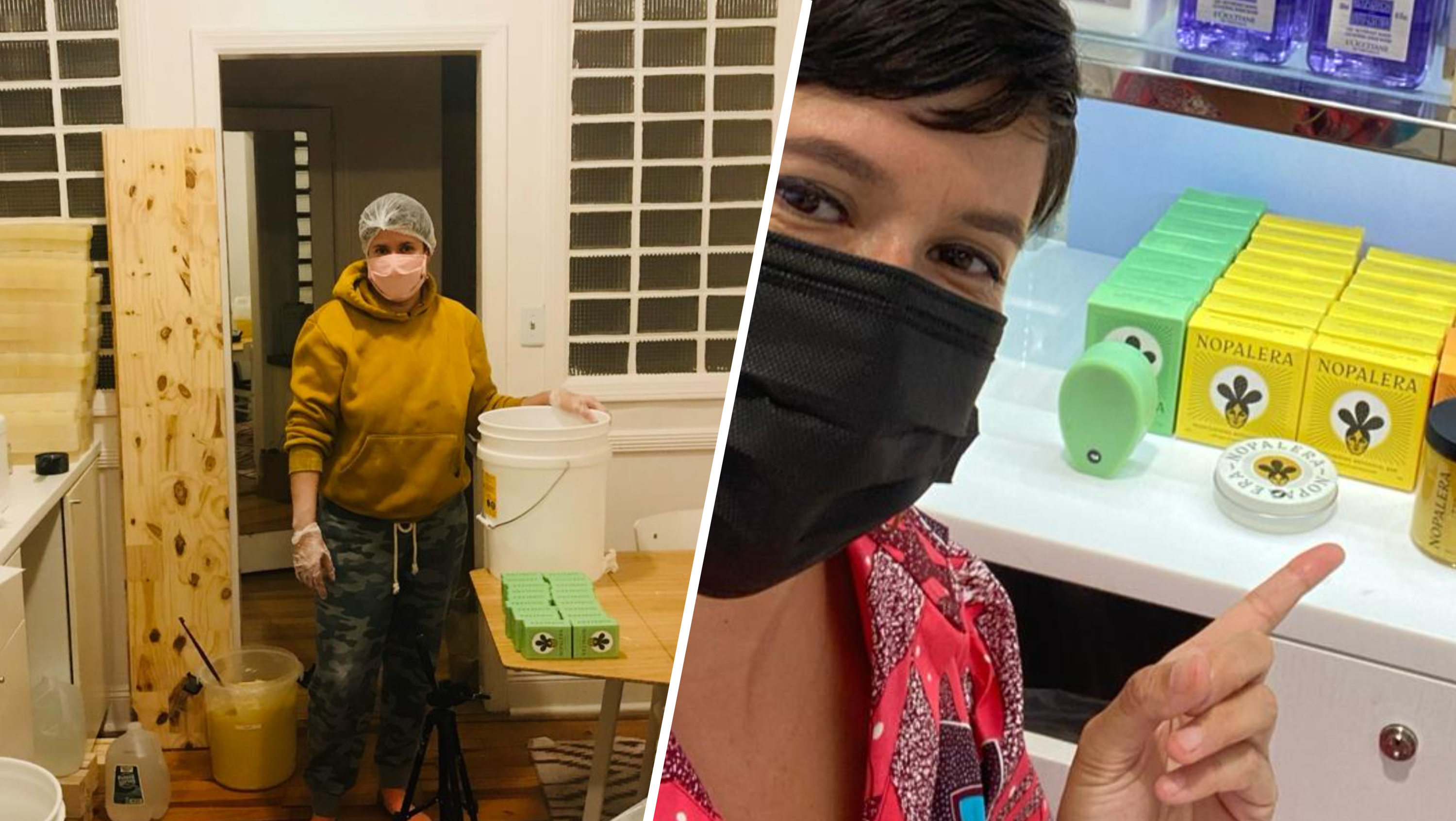RIO DE JANEIRO (AP) — You may have to wait until halfway through the medal race to see why defending Olympic champions Eric Murray and Hamish Bond have never been beaten in the eight years they have competed in the men's pair.
When rowing becomes a journey through pain and lactic acid and other crews start losing pace, the blond New Zealanders tend to keep theirs, pulling away from the field stroke by stroke until the TV cameras struggle to fit the second-place boat in the same shot.
Arguably the best rowers ever, Murray, 34, and Bond, 30, head into the men's pair final set for Thursday with 68 consecutive wins since 2009, including two in the qualifying heats in Rio de Janeiro. So what do they do differently from other crews?
"We're just better looking," Murray joked to The Associated Press after the semifinals Tuesday. "Honestly, we don't do a hell of a lot differently. We train hard; they train hard. We just try to refine our technique and our training philosophy that makes us go fast."
Known as the "Kiwi pair" in the rowing world, Murray and Bond are in a category of their own. As physically fit as anyone, they also have the mental strength to win even when they're not having a good day.
In the semifinals, they looked relaxed throughout the 2-kilometer course even as their opponents were clenching their teeth and grimacing in red-faced agony. After the race they leisurely rowed back down the side of the course while the other crews were recovering in the finish area, bent over their boats, gasping for oxygen.
An interesting feature of the Murray-Bond phenomenon is they rarely lead a race from start to finish. Sometimes they're even in last place at the 500-meter mark and you start wondering whether this is it, they're done, the spell is broken.
U.S. & World
The day's top national and international news.
Then the battle with fatigue kicks in and other boats start seeing their stroke rate go down.
"Whereas the New Zealand pair just keep the pace from the start, and then go quicker," said Eelco Meenhorst, who coaches Dutch pair Roel Braas and Mitchel Steenman. "Nobody can do that."
Except Murray and Bond.
Meenhorst said one of the secrets behind their supremacy is their "power-to-weight" ratio. They are as strong as the biggest rowers but lighter, giving them a weight advantage on the water.
He noted that Braas, a 6-foot-6 (2-meter) mountain of muscle, weighs 220 pounds (100 kilograms), while Bond is just 187 pounds (85 kilograms). Still, the New Zealander rows with nearly the same power.
"That makes a difference," Meenhorst said. "Physically they are really, really remarkable."
In London, French pair Germain Chardin and Dorian Mortelette were half a boat-length ahead of the Kiwis at 500 meters, but the gap closed with each stroke and halfway through the course Murray and Bond were in front. At 1,500 meters, the French were fighting for silver, already trailing the Kiwi pair by 5 seconds.
Chardin and Mortelette will give it another go in Rio, though they admit there's nothing that suggests the New Zealand crew has gotten any easier to beat.
"From what I've seen for four years, I don't think so," Mortelette said. "But there are boats which have got close."
Pete Reed and Andy Hodge of Britain were just three-tenths of a second behind Murray and Bond in the 2010 world championships. But they never got any closer than that, and after three years of finishing second Reed and Hodge switched to the men's four in time for the London Olympics — a move that paid off with a gold medal. They're now racing in Britain's eight.
Though Murray and Bond haven't tasted defeat in the men's pair, it was a bitter loss in another event that paved the way for their current success. Both were part of the men's four that was expected to win the gold for New Zealand at the 2008 Olympics but didn't even make the final.
That disappointment prompted Murray and Bond to break out into a pair, and it was clear from the first races how well they clicked. They kept improving thanks to a brutal training regime and years of fine-tuning little details to make the boat go quicker, Murray said.
"We know what works," he said. "We've got that eight years of experience over pretty much everybody else in our field."
Though they gel perfectly in the boat, Murray and Bond go their separate ways once it's out of the water. They have different lives and don't really hang out outside working hours.
"I've got my family. Hamish has got his partner and everything. We don't go and socialize and live in each other's pockets," Murray said. "We just make sure that we're doing the business in one sense and then doing our own thing in the other."



